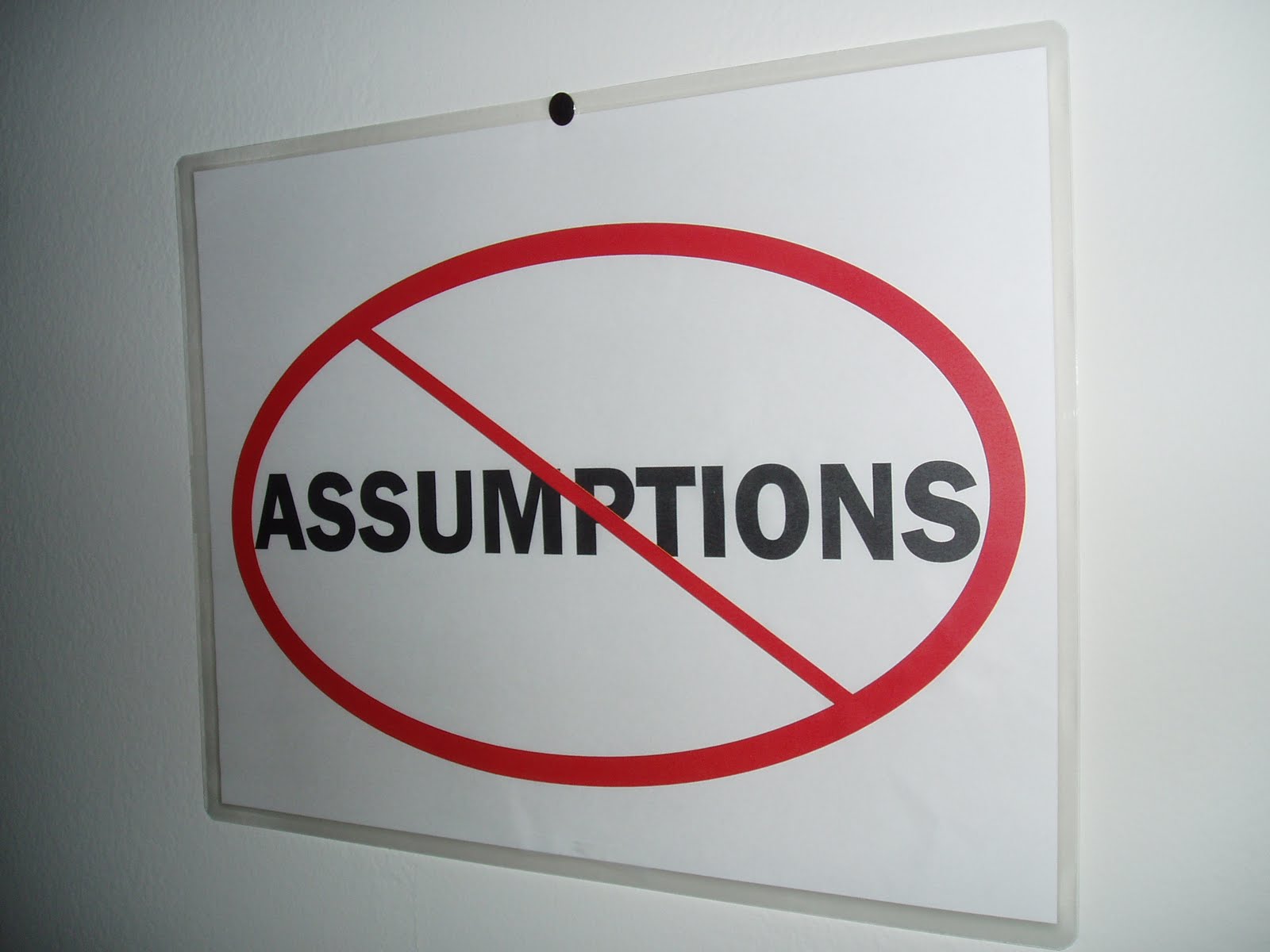
 A few weeks ago I'm in a "Pitch meeting" at a large University here on the east coast, we get to the point of the meeting where we're displaying or knowledge of the marketplace and the best ways to engage and have a sustained meaningful dialogue with the target audience. The meeting is going well when I made a statement about immigrant populations and motivations for them moving to the U.S. from their home country, it was one of those moments where there's a disconnect between what you're saying and what people perceive you're saying.
A few weeks ago I'm in a "Pitch meeting" at a large University here on the east coast, we get to the point of the meeting where we're displaying or knowledge of the marketplace and the best ways to engage and have a sustained meaningful dialogue with the target audience. The meeting is going well when I made a statement about immigrant populations and motivations for them moving to the U.S. from their home country, it was one of those moments where there's a disconnect between what you're saying and what people perceive you're saying.
Immediately you felt the temperature in the room change. The stare the prospect was giving me began to stimulate beads of sweat on my brow that had me whispering a silent prayer for Doc Brown and his Flux Capacitor to take me back in time. The meeting quickly changed to a lecture from the prospect about the fact that I was making assumptions about why immigrants come to this country and that his parent's were immigrants and came to this country for completely different reasons. At this point I wanted to forcefully state that I myself and the majority of my family are immigrants to the U.S. from Jamaica and I'm aware from firsthand experience of the various reasons why someone would leave their homeland and come to the U.S. and that I was merely highlighting one of the various reasons. I refrained because despite the misunderstanding I felt I still had a good shot at landing the account.
After the meeting I began to think how does a person who lived the immigrant experience and is still living it almost 30 years after coming to this country, get perceived as not understanding the full experience and may have even offended a fellow immigrant. It's all about perception of assumption , because of my choice of words the prospect perceived me to be assuming that this line of reasoning applied to all immigrant groups.
Brands are often perceived as making assumptions about ethnic audiences this in turn creates a negative perception of the brand within this groups consumer mind. It definitely isn't intentional but poor choices (like my poor choice of words) lead to this occurence of events. Poor choices can occur at many different levels of a campaign it could be choosing the wrong agency, wrong media choices, copy that doesn't translate well to niche audiences, disingenuous placement of people "who look" like the audience in ads, bad PR that offends the consumer and isolates the brand, etc.
It's imperative when planning and executing campaigns the message is clear concise and screened with a fine tooth comb to ensure that the intended audiences perception of you is not that you're making assumptions about them. This is the basis in ethnic marketing for a healthy brand/consumer relationship.
@vpgutzmore